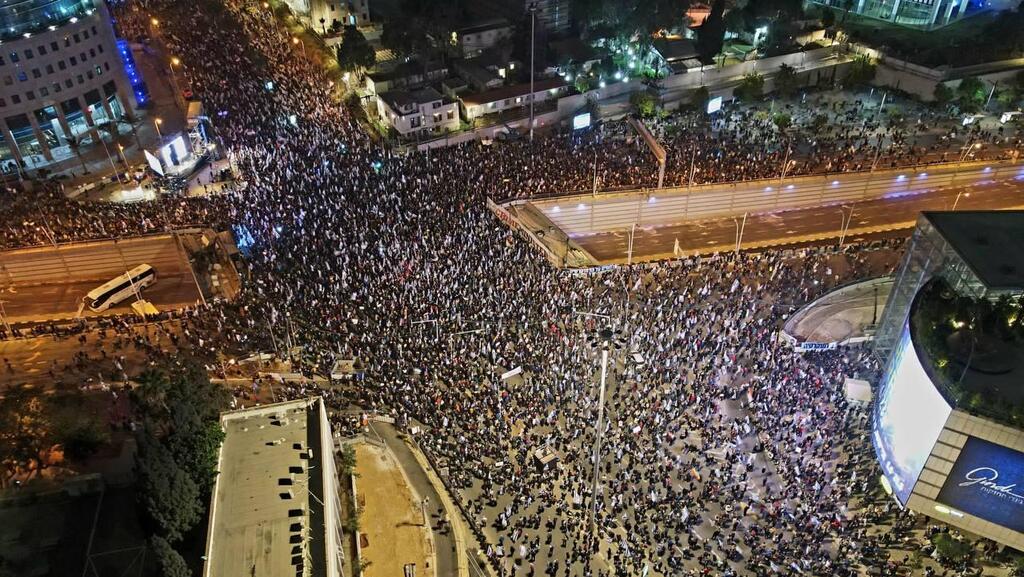Tel Aviv shares fell on Sunday with analysts citing investor jitters over planned judiciary changes by Israel's hard-right government and after a Palestinian gunman killed seven people outside a synagogue on Jerusalem's outskirts.
The blue-chip Tel Aviv 35 index was 1.% lower in afternoon trade, while the broader TA-125 index dipped 1.7%.
Government bond prices were down as much as 1%. While the currency market is closed on Sunday, the shekel depreciated 2% versus the dollar on Thursday and Friday.
Jonathan Katz, chief economist at Leader Capital Markets, said stocks fell "for the same reason the shekel is weakening - concern regarding the judicial reform".
Israeli Prime Minister Benjamin Netanyahu's office declined to comment to Reuters. On Friday, Netanyahu defended his cabinet's proposed legal shake-up, which seeks stronger political control over bench appointments while weakening the Supreme Court's ability to rule against legislation or policy.
Critics have said the move will compromise the independence of the judiciary and undermine Israel's democratic system of checks and balances.
In a meeting with Israeli business people, Netanyahu said the courts would remain independent and that Israel's robust economy would grow stronger.
However, Uri Levin, chief executive of Israel Discount Bank, told Netanyahu that in recent days, foreign banks and investors had been selling State of Israel bonds and shekels, leading to a widening of the yield spread between U.S. and Israeli bonds, a Discount spokesperson confirmed.
Hours later, a Palestinian gunman shot dead seven people outside a synagogue on Jerusalem's outskirts, and a second shooting attack occurred in the city on Saturday, prompting Netanyahu to promise a "strong, swift and precise" response.
Israel's military said on Saturday it was sending more troops into the West Bank, where months of worsening clashes resulted in the highest annual death toll, including Palestinian militants and civilians, in 2022 in over a decade.
There was no sign of a large-scale military operation in the works, and Netanyahu said Israel was not seeking an escalation.
"The shootings are just another piece of the puzzle" of negative sentiment in Israel, said Bank Leumi chief economist Gil Bufman, pointing to overall market concerns about a weakening economy, inflation, and a higher budget deficit.
"The question arises as to what the government's response is going to be?" Bufman said, adding that the judicial changes were also spooking investors.
The planned overhaul has brought tens of thousands onto the streets of Tel Aviv and other cities, and economists have urged Netanyahu to reconsider on fear the changes will politicize the judiciary and erode its independence.




